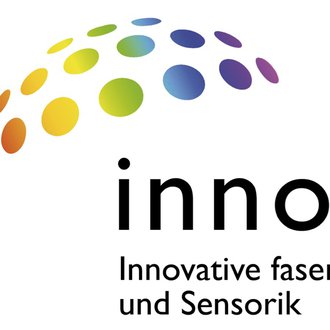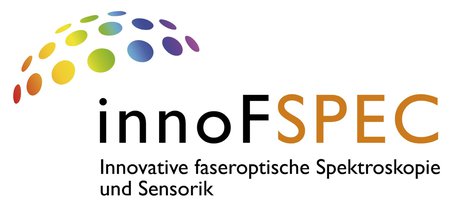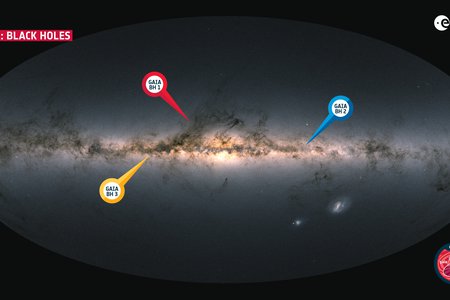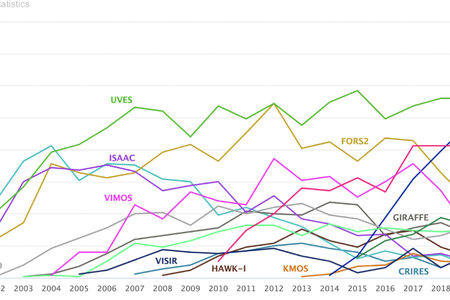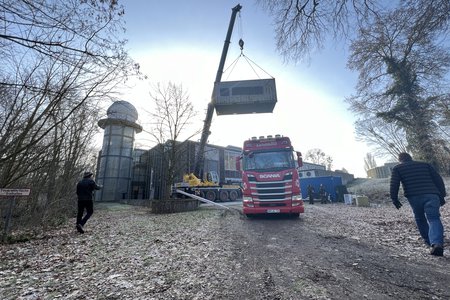Leibniz association is funding research alliance 'Health Technologies' for another four years
The research alliance "Leibniz Health Technologies", of which the Leibniz Institute for Astrophysics Potsdam (AIP) is an associated member, will receive funding of 1.2 million euros from the Leibniz Association until the end of 2024. Leibniz Health Technologies is thus starting its second development phase with new projects in which complementary competencies from 14 Leibniz Institutes will flow together to form innovative health technologies.
After a strategy process lasting several months and a multi-stage selection procedure, it has been decided: "Leibniz Health Technologies" is one of the three research alliance concepts approved by the Leibniz Senate to receive Community funding over the next four years. The network will research and implement technologies that, for example, improve the molecular diagnosis of chronic respiratory diseases and cancer or enable new forms of plasma-medical wound therapy. Likewise, new multimodal imaging methods are to be combined with "machine learning" approaches and bioactive materials are to be developed that release active substances in a targeted manner.
In the now approved funding phase, the research and innovation centre innoFSPEC at the AIP, together with the Leibniz Institute for Photonic Technologies (IPHT) and industrial partners, is planning to develop a market-ready device for medical cancer diagnostics. The device is based on imaging Raman spectroscopy and represents a technology transfer from astronomy, especially integral field spectroscopy (PMAS, MUSE), to medicine. The interdisciplinary work, which began in 2012, was most recently continued in 2019 with an ATTRACT grant. Professor Martin Roth, head of the innoFSPEC team: "Together with the French industrial partner Winlight, we have successfully carried out the "3D-CANCER-SPEC" project. The next logical step is a market-ready product."
Interdisciplinary research as the key strength of the Leibniz Association
"I am pleased that with the research alliance 'Leibniz Health Technologies' we are addressing a topic with great scientific and social relevance. Interdisciplinary research into health technologies in a binding cooperative structure will thus develop into a brand core of the Leibniz Association," explains Professor Matthias Kleiner, President of the Leibniz Association.
The Alliance spokesperson Professor Jürgen Popp (Leibniz Institute of Photonic Technologies) adds: "The overarching goal of Leibniz Health Technologies is to integrate existing and new medical technologies from the member institutes into medical workflows. With the new funding, we will expand the application fields of our technologies and further develop them into mature systems."
In the coming months, several new projects will be launched in the five competence areas of the alliance – "Point-of-Care Technologies", "Biomarkers", "Bioactive Materials", "Plasma Medicine" and "Imaging Methods" – which combine the strengths of the 14 participating Leibniz Institutes and the two spin-offs. The individual research projects will be financed by additional funding as well as by the collaborative members' own funds. The focus of the projects is on accelerating the translation of Leibniz technologies. To this end, there is extensive dialogue with various interested parties from the healthcare sector and with commercial enterprises that are driving development through to the approved medical product.
Further information
Leibniz Health Technologies press release
Images
Big screen size [1000 x 456, 40 KB]
Original size [1638 x 747, 70 KB]
